
Ashley Yeager is the associate news editor at Science News. Previously, she worked at The Scientist, where she was an associate editor for nearly three years. She has also worked as a freelance editor and writer, and as a writer at the Simons Foundation, Duke University and the W.M. Keck Observatory. She was the web producer for Science News from 2013 to 2015, and was an intern at the magazine in the summer of 2008. She holds a bachelor’s degree in journalism from the University of Tennessee, Knoxville, and a master’s degree in science writing from MIT. Her book, Bright Galaxies, Dark Matter and Beyond, on the life of astronomer Vera Rubin, will be published by MIT Press in August.

Trustworthy journalism comes at a price.
Scientists and journalists share a core belief in questioning, observing and verifying to reach the truth. Science News reports on crucial research and discovery across science disciplines. We need your financial support to make it happen – every contribution makes a difference.
All Stories by Ashley Yeager
-
 Psychology
PsychologyBarcelona soccer team’s 2009 wins led to slight baby boom
In Bages, birth rates rose 16 percent, but in Barcelona they only increased 1.2 percent.
-
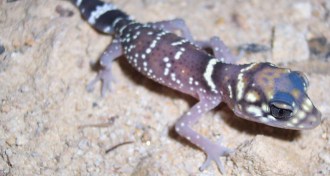 Animals
AnimalsSnake and lizard ancestor may have birthed live young
Over millions of years, reptiles may have switched back and forth between laying eggs and giving birth to live babies.
-
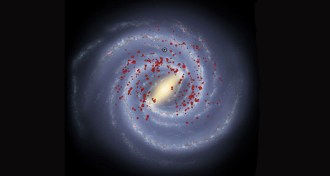 Astronomy
AstronomyMilky Way may indeed have four spiral arms
In 2008, the galaxy lost two of its spiral arms. But it may be getting them back.
-
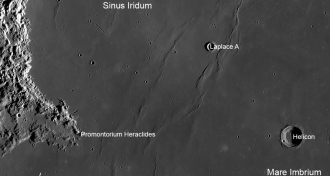 Astronomy
AstronomyChina’s Chang’e-3 craft lands on the moon
The unmanned Chang’e-3 lunar lander and Yutu rover have made it to the moon's surface.
-
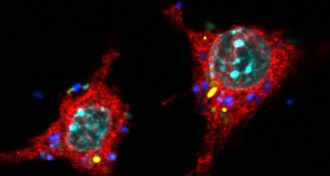 Microbes
MicrobesBacteria turn threatening in tests with immune cells
In less than 30 days, nonthreatening E. coli can transform into dangerous microbes in mice.
-
 Neuroscience
NeuroscienceConcussion-free head blows may still affect brain
Some college athletes who played contact sports had more changes in their brain’s white matter than varsity competitors in less violent games.
-
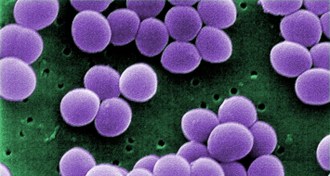 Health & Medicine
Health & MedicineStaph bacteria linger deep in our noses
The nasal cavity has hidden crevices where the disease-causing bacteria like to hang out.
-
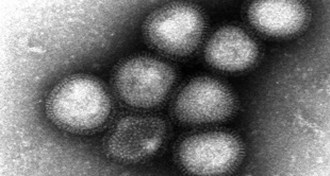
-
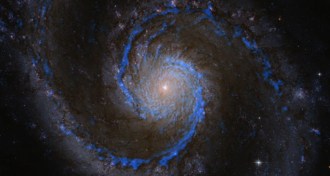 Astronomy
AstronomyGalaxy’s cloud catalog reveals hydrogen fog
Fifty percent of the molecular hydrogen exists in a gas layer that spreads throughout the Whirlpool galaxy and envelopes the giant clouds where stars form.
-
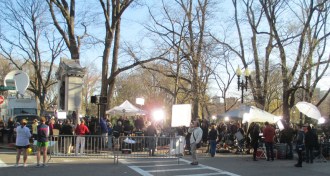 Health & Medicine
Health & MedicineWatching media coverage of disasters linked to stress
Watching hours of media coverage of traumatic events may worsen symptoms of distress.
-
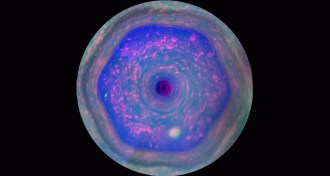 Astronomy
AstronomySaturn’s six-sided cloud pattern gets a close look
New images show particles in the planet’s hexagonally shaped jet stream.
-
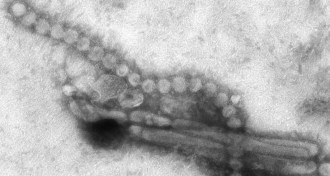 Life
LifeH7N9 flu still better adapted to infect birds over humans
The proteins from the avian flu appear better suited for attaching to bird, not human, molecules.